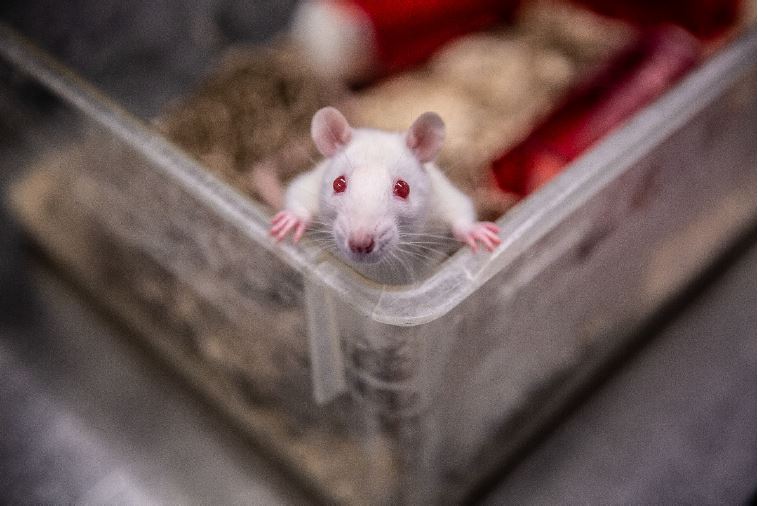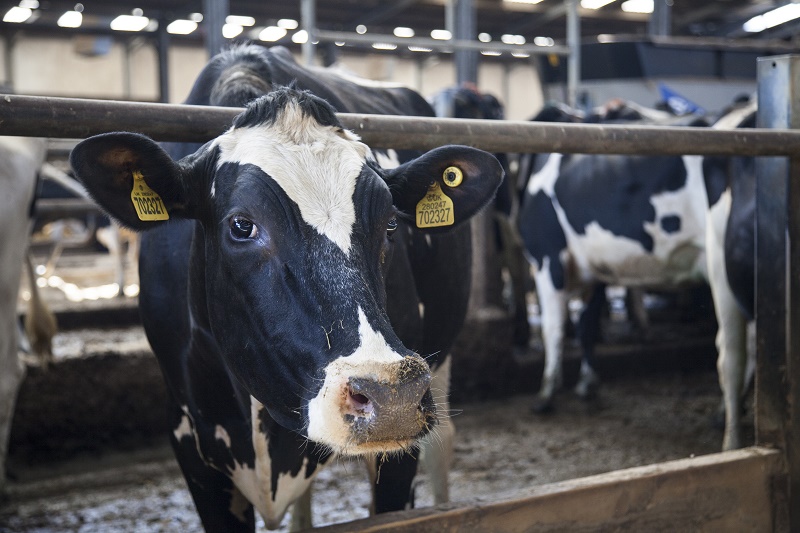This week we’re highlighting the animal research work we do at the University of Reading, following last week’s release of national figures on the number of animals used in research in 2018. Here, Professor Parveen Yaqoob writes about why using animals in research is crucial for tackling some of the biggest problems the world faces.

What do climate change and heart disease have in common?
Both are huge global issues, both threaten our collective way of life, and both are areas of research we are tackling at the University of Reading. But it might come as a surprise to you that animal research is critical to key aspects of both of these global issues.
When I talk to people about research which involves animals, these are examples I often draw on to explain why the University of Reading is a signatory to a concordat in this field.
According to the British Heart Foundation, cardiovascular diseases cause more than a quarter (28 per cent) of all deaths in the UK; that’s nearly 170,000 deaths each year – an average of 460 people each day or one death every three minutes.
With more than 7 million people living with heart and circulatory diseases in the UK, there is a strong imperative to make sure that we understand these diseases and ways to treat them.
There are some questions which can only be answered by using animals in research, and where this is the case, the research must be of the highest standard. Not only that, but every researcher has to demonstrate a commitment to replace, reduce and refine the use of animals in research.
So what does animal research have to do with climate change? The answer is that farming, and in particular, agricultural emissions from the dairy industry (methane produced by cows) have a significant negative impact on the environment. It’s absolutely critical that we address this by finding ways to reduce methane production and, to put it bluntly, you can only do this with real cows.

We have one of the world’s leading research centres for dairy research and I’m proud that the University of Reading is leading the way in understanding how our dairy industry can play its part in tackling climate change.
As a University, we are committed to the responsible use of animals in research and these examples illustrate the valuable contribution that animal research can make to tackling global challenges.
Professor Parveen Yaqoob is Pro Vice-Chancellor for Research and Innovation at the University of Reading.
As well as publishing details of all our current government-licensed animal research projects, we have released comprehensive data on numbers and types of procedures we carry out on animals. We are also explaining how these experiments support important scientific research.
The University is a signatory to a UK concordat on openness on animal research and is committed to the principles of working to replace, reduce and refine procedures on animals.
One way in which we are investing in improving our facilities for research is the development of a new £60 million Health and Life Sciences building, due for completion at the end of 2019. The building will provide a world-class environment for animal research, ensuring that both the research conducted and animal welfare are of the highest standards.
Find out more about our animal research, including the figures on the number of animals we have used in research each year since 2012 and answers to a range of frequently asked questions, at: https://www.reading.ac.uk/research/research-environment/animal-research.aspx
